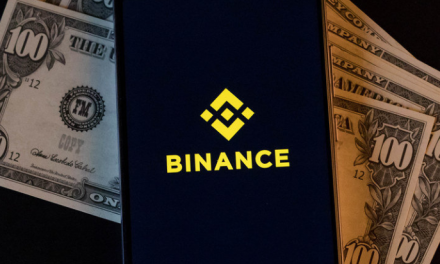The Texas Blockchain Council (TBC) and Riot Platforms have emerged victorious in a legal tussle that pits the promise of innovation against the Bitcoin Privacy Lawsuit. This case, adjudicated in the United States District Court for the Western District of Texas, underscores a pivotal moment in the ongoing narrative of regulatory oversight and data privacy within the burgeoning world of cryptocurrency mining.
Bitcoin Privacy Lawsuit: A Victory for Privacy and Innovation
At the heart of this legal victory is the court’s decision to favor the plaintiffs, Riot Platforms, and the TBC, in their challenge against the Department of Energy (DOE) and other defendants. The dispute centered around the emergency collection of data through Form EIA-862, a move that the plaintiffs argued threatened the operational confidentiality and integrity of blockchain enterprises. Judge Alan Albright’s order not only halted these data collection efforts but also mandated the destruction of any data previously gathered, ensuring the privacy of bitcoin mining operations remains intact.
This resolution represents more than just a legal win; it’s a testament to the delicate balance that must be struck between the need for regulatory insight and the preservation of the innovative spirit that drives the crypto mining industry. The administrative closure of the case, as directed by Albright, signals a comprehensive agreement that respects the interests of both regulators and the regulated, without compromising the industry’s core values of transparency and flexibility.
A Clear Message to the Industry
The implications of this case extend far beyond the courtroom. In a recent email, Lee Bratcher, TBC’s founder and president, articulated the broader significance of this agreement. Far from an attempt to shroud the bitcoin mining industry in secrecy, Bratcher emphasized the industry’s inherent transparency and its willingness to engage in open discussions about its operations and impact. “The bitcoin mining industry is one of the most transparent in the world,” Bratcher noted, pointing to the industry’s role as a flexible load on any energy grid.
This case sends a clear message to the industry and its observers: the road to regulatory clarity and operational privacy need not be contentious. Through dialogue, compromise, and mutual respect, stakeholders can safeguard the innovative potential of blockchain technology while addressing the legitimate concerns of regulatory bodies. As the dust settles on this legal skirmish, the crypto mining industry stands more resilient, its commitment to transparency and innovation affirmed, and its future bright with the promise of continued growth and collaboration.





